Balanced Living
Does Your Diet Need a Detox?
Posted by Arja on January 23 in Nutrition
Detox. Cleanse. The words are everywhere, and most definitely at the top of many New Year’s Resolution lists. Have you started one yet, or are you overwhelmed trying to figure out which cleanse is right for you? One of the best things you can do for your body is give it a break, and a little extra support. There are many ways that you can do this, and while almost anyone can do a cleanse, not every cleanse is right for every person.
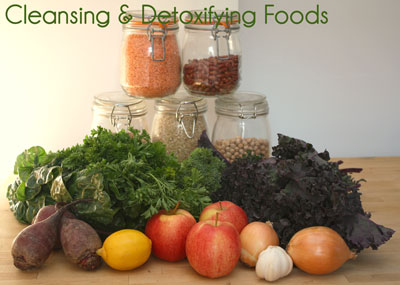
Your liver and digestive system are two of the hardest working parts of your body. While your liver processes and filters toxins, packaging them up for safe elimination, your digestive system does the hard work of physically removing waste from the body. You can imagine that if something goes awry in either of these two areas, it would be difficult for your body to function at its best. In my opinion, the most important thing you can do for yourself is make sure that your digestive system is functioning optimally. If you start working to detoxify your liver, mobilizing toxins and heavy metals, or trying to eliminate excess hormones like estrogens, the last thing that you want is to have a sluggish digestive system that keeps things in your body instead of eliminating them. Everyone, without exception, should be having a minimum of one easy bowl movement daily.
When people hear the word “detox” or “cleanse”, it conjures up images of some miserable starvation style diet that will make them feel rotten. While there are definitely some cleanses out there that can leave you hungry and miserable, it doesn’t have to be this way in order to reap the benefits of detoxifying. In fact, aside from a few days at the beginning where the symptoms of withdrawing from things like sugar and caffeine can really be felt, overall, a good cleanse will leave you with increased energy, a clear mind, and better sleep. Of course, the severity of your symptoms can often coincide with the amount of detoxifying that your system needs, and some people experience what is called a “healing crisis” that feels a bit like having the flu. This is not the case for everyone, but it’s important to understand that not feeling good for the first few days is completely normal.
You can actually start “cleansing” your body on a daily basis with the addition of some basic foods. It doesn’t involve any fancy teas or powders, and while you might not have a “healing crisis”, or feel any super powerful detoxifying effects, I can guarantee that you are doing your body a LOT of good.
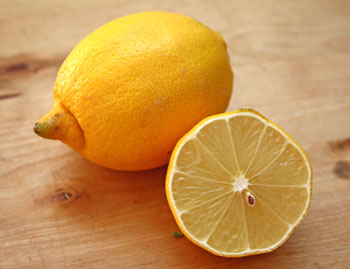
Lemons– despite their acid taste, lemons are actually alkalinizing inside the body. What does this mean? Well, an acidic body is one left vulnerable to illness and disease. Warm water with lemon in the morning, and drinking lemon water throughout the day all help maintain an alkaline terrain.
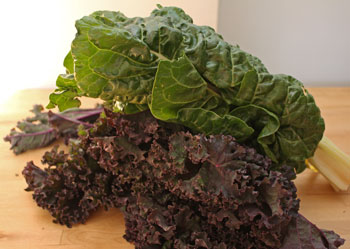
Kale – one of the most highly nutritious vegetables, kale is rich in carotenes and vitamin C. Kale is also very high in chlorophyll, which studies have shown have a beneficial effect on neutralizing toxins, specifically cancer-causing toxins.
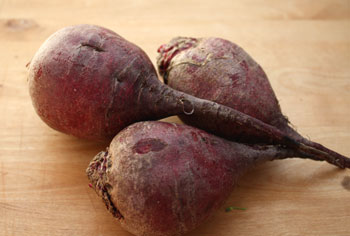
Beets – related to spinach and chard, beets differ in that both the leaves and the root can be eaten. Beets have a long history of being used medicinally as they stimulate the detoxification processes of the liver.
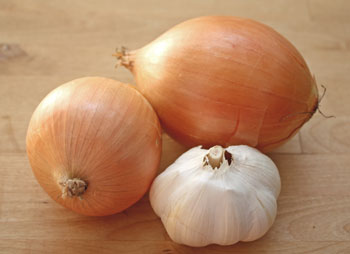
Garlic & Onions – members of the allium family are healthy for many, many reasons, but it’s their sulfur compounds that make them important to detoxification as they facilitate the liver and aid in the cleansing process.
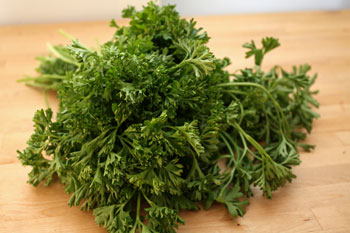
Parsley – its high chlorophyll content, along with a few other compounds, contain anti-cancer properties that neutralize toxins. As an aside, it’s also a nerve stimulant that could be considered energizing, especially when used in fresh juice.
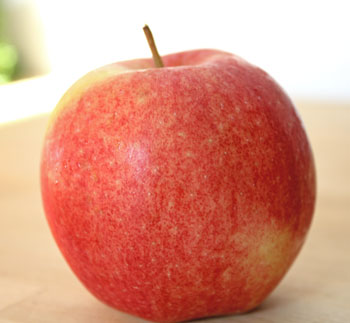
Apples – very high in insoluble fibre and pectin (a gel-forming fiber that can also bind to toxins), apples can improve the intestinal muscle’s ability to move waste through the digestive tract promoting bowel regularity.
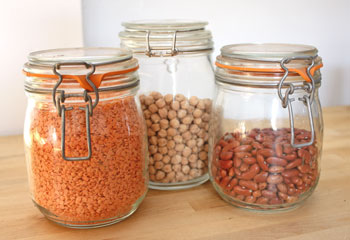
Beans/Legumes – although most beans are high in antioxidants, and other beneficial nutrients, it’s their high fibre content that makes them such an important player in cleansing and detoxifying as the fibre keeps things moving through the digestive tract.
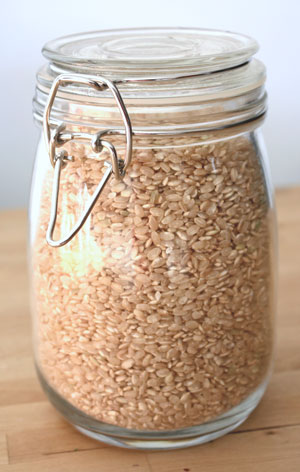
Brown rice – a gentle, hypoallergenic grain, brown rice contains a compound called gamma-oryzanol which has been used to treat digestive problems. It is one of the safest grains to eat, rarely provoking any inflammatory reactions.
I encourage all of my clients to start off with a gentle, food-based cleanse that eliminates certain things, and then adds in nutrients like probiotics, extra fibre, extra greens, and extra Omega-3 fatty acids to give the liver and digestive system some support. It requires some planning and food preparation, which can be challenging if you’re not used to prepping foods from scratch. But overall, it’s relatively easy to do, with lots of foods to eat and no reason why anyone should be hungry.
If you’re considering a cleanse, you may want to consult with a practitioner that can guide your through one safely. It’s important to understand that underlying health issues may not be solved with just the cleanse alone, so having a plan in place for after the cleanse is over will help keep you feeling great!



